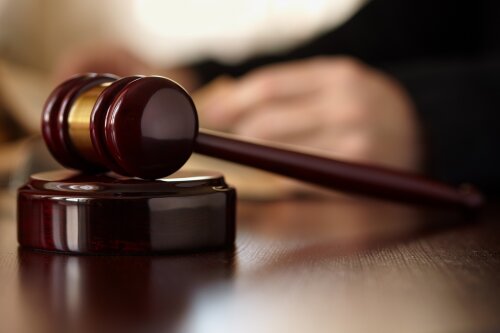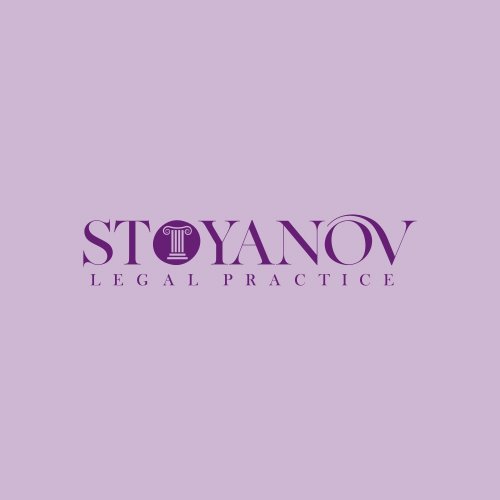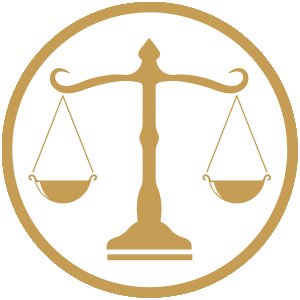Best Landlord & Tenant Lawyers in Varna
Share your needs with us, get contacted by law firms.
Free. Takes 2 min.
Free Guide to Hiring a Real Estate Lawyer
List of the best lawyers in Varna, Bulgaria
About Landlord & Tenant Law in Varna, Bulgaria
Landlord and Tenant Law in Varna, Bulgaria governs the rights and obligations of both landlords and tenants in rental relationships. It sets out the legal framework for renting residential and commercial properties. Understanding this law is essential for both landlords and tenants to ensure a fair and lawful rental experience.
Why You May Need a Lawyer
There are certain situations where seeking the assistance of a lawyer specializing in Landlord and Tenant Law in Varna, Bulgaria is recommended. Some common scenarios include:
- Eviction proceedings: If you are facing eviction or need to evict a tenant, consulting with a lawyer can ensure the process is done legally and efficiently.
- Lease agreement disputes: If there are disagreements or disputes regarding the terms of a lease agreement, a lawyer can help resolve the issue.
- Rental property maintenance issues: When there are concerns about property maintenance and repairs, a lawyer can provide guidance and help safeguard your rights.
- Serious lease violations: If a tenant is significantly violating the terms of the lease, such as causing damage to the property or engaging in illegal activities, legal advice can be crucial in taking appropriate action.
- Illegal eviction attempts: If you believe you are being unlawfully evicted or facing harassment from a landlord, seeking legal assistance can protect your rights.
Local Laws Overview
When it comes to Landlord and Tenant Law in Varna, Bulgaria, several key aspects are particularly relevant:
- Rental agreements: Rental agreements can be oral or written, but it is strongly recommended to have written agreements specifying the terms and conditions.
- Security deposits: Landlords are generally allowed to request a security deposit, which is usually equivalent to one or two months' rent. The deposit must be returned within one month after the termination of the rental agreement.
- Rental increases: Rental increases usually require prior notice and need to comply with local laws and regulations.
- Tenants' rights: Tenants have rights to privacy, peaceful enjoyment of the property, and timely repairs. They also have the right to terminate the lease under certain circumstances.
- Eviction procedures: Eviction procedures are strictly regulated and must follow the legal process. Renters have certain protections against unjust or retaliatory evictions.
Frequently Asked Questions
1. Can my landlord increase the rent whenever they want?
No, your landlord cannot increase the rent arbitrarily. Rental increases need to comply with the local laws and regulations, and landlords must provide prior notice of any proposed increase.
2. How much security deposit can my landlord request?
Landlords are generally allowed to request a security deposit equivalent to one or two months' rent. The deposit must be returned within one month after the termination of the lease, minus any deductions for damages or unpaid rent.
3. What can I do if my landlord refuses to make necessary repairs?
If your landlord fails to address necessary repairs, you can send them a written notice describing the problem and requesting repairs within a reasonable timeframe. If they still fail to act, you may have the right to terminate the lease or take legal action to enforce necessary repairs.
4. Can my landlord enter my rental unit without my permission?
No, your landlord cannot enter your rental unit without your permission, except in emergencies or as specified in the lease agreement. They must respect your rights to privacy and peaceful enjoyment of the property.
5. How can I terminate my lease agreement early?
Terminating a lease agreement early can be complicated. It is advisable to review your lease agreement for any termination clause or conditions. If none exist, you may need to negotiate with your landlord or seek legal advice to avoid potential penalties.
Additional Resources
If you need further information or legal advice regarding Landlord and Tenant Law in Varna, Bulgaria, here are some recommended resources:
- Varna Municipality: The official website of Varna Municipality may provide useful information and resources related to housing and tenant rights.
- Varna Bar Association: The Bar Association in Varna can help you find experienced lawyers specializing in Landlord and Tenant Law.
- Bulgarian Consumer Protection Commission: This governmental body is responsible for protecting consumers' rights, including renters, and can provide guidance on rental matters.
Next Steps
If you find yourself in need of legal assistance in matters related to Landlord and Tenant Law in Varna, Bulgaria, consider taking the following steps:
- Assess your situation: Determine the specific issue or dispute you are facing regarding your rental agreement.
- Research local laws: Familiarize yourself with the relevant local laws and regulations in Varna to understand your rights and obligations.
- Collect documentation: Gather all relevant documents, including your lease agreement, communication with your landlord, and any evidence supporting your position.
- Seek legal advice: Consult with a lawyer specializing in Landlord and Tenant Law to discuss your case and get personalized advice for your situation.
- Take appropriate action: Based on the lawyer's advice, you can pursue negotiations, mediation, or legal proceedings if necessary to protect your rights and obtain a favorable resolution.
Lawzana helps you find the best lawyers and law firms in Varna through a curated and pre-screened list of qualified legal professionals. Our platform offers rankings and detailed profiles of attorneys and law firms, allowing you to compare based on practice areas, including Landlord & Tenant, experience, and client feedback.
Each profile includes a description of the firm's areas of practice, client reviews, team members and partners, year of establishment, spoken languages, office locations, contact information, social media presence, and any published articles or resources. Most firms on our platform speak English and are experienced in both local and international legal matters.
Get a quote from top-rated law firms in Varna, Bulgaria — quickly, securely, and without unnecessary hassle.
Disclaimer:
The information provided on this page is for general informational purposes only and does not constitute legal advice. While we strive to ensure the accuracy and relevance of the content, legal information may change over time, and interpretations of the law can vary. You should always consult with a qualified legal professional for advice specific to your situation.
We disclaim all liability for actions taken or not taken based on the content of this page. If you believe any information is incorrect or outdated, please contact us, and we will review and update it where appropriate.















